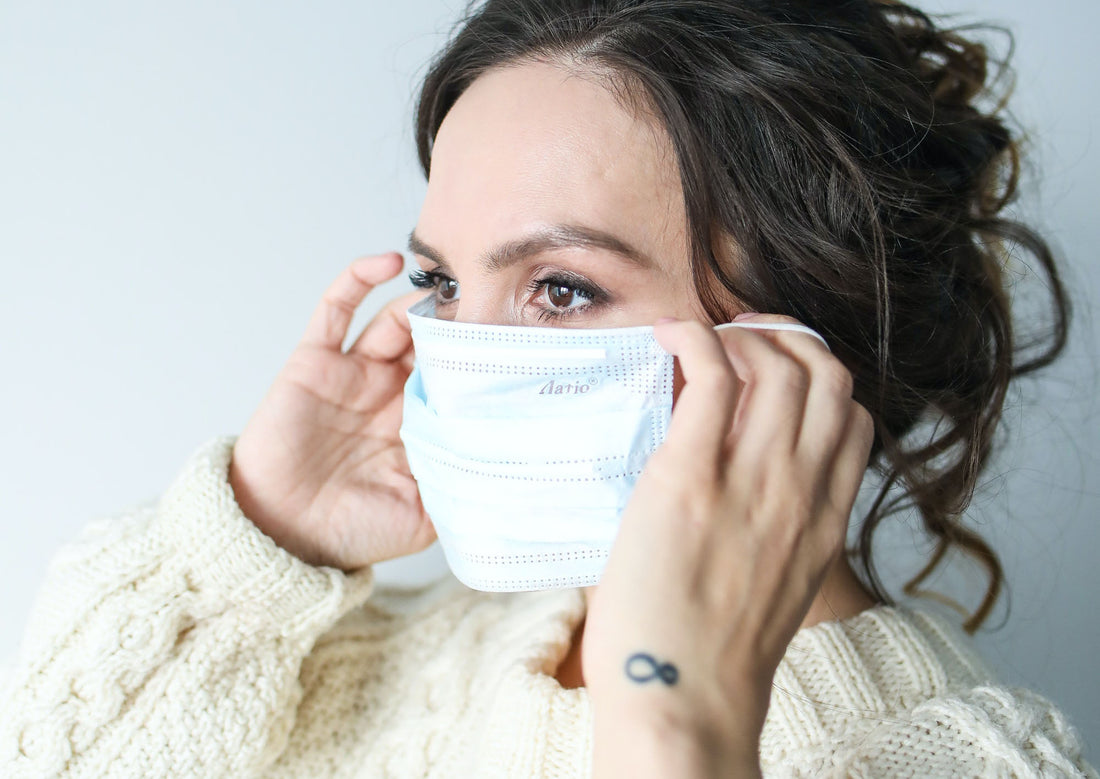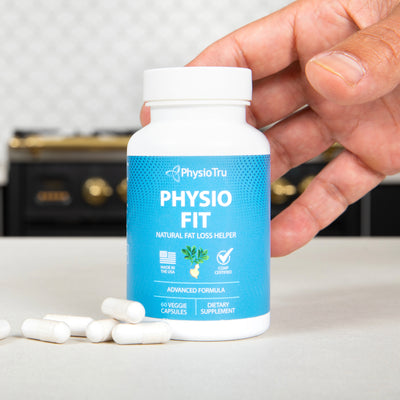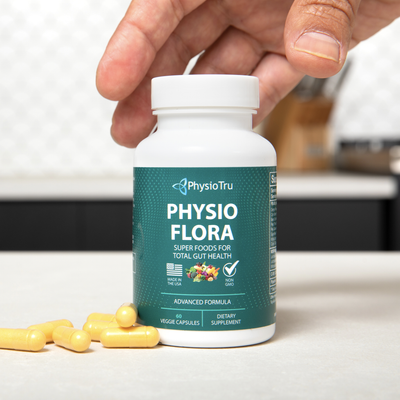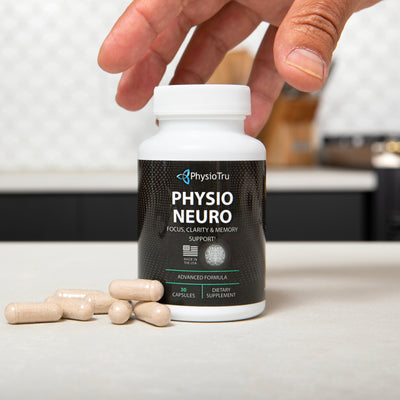Insomnia is the biggest sleep disorder around with nearly 50% of the world experiencing it at least once. Without the proper treatment, insomnia can lead to memory problems and high blood pressure. One study shows that COVID has a strong connection to insomnia.
Filling Out The Survey
When it comes to COVID, healthcare workers have been putting their own safety on the line to help others. The BMJ Nutrition Prevention & Health decided to see if there's a connection between COVID and healthcare workers' sleep patterns. Healthcare workers from the United States and Europe were asked to fill out a survey online. 2884 workers took part in the survey; out of the group, 568 of them had COVID.
The Results Are In
The survey determined those who had COVID had a harder time sleeping. Burnout also saw a huge spike with those who experienced the virus firsthand. On average, surveyed healthcare workers slept six hours. Those who slept more than six hours had a lower chance of having COVID. “The mechanism underlying these associations remains unclear, but it has been hypothesized that lack of sleep and sleep disorders may adversely influence the immune system by increasing proinflammatory cytokines and histamines," the researchers collectively said. "These studies have suggested that burnout may directly or indirectly predict illnesses by occupational stress impairing the immune system and changing cortisol levels."





